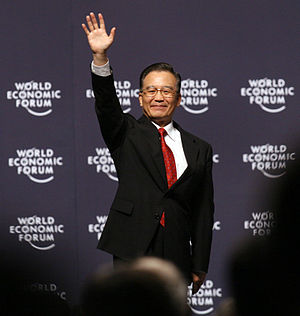Even premier Wen Jiabao calls China’s economy unstable, unbalanced, uncoordinated and ultimately unsustainable, writes Reuters. But despite those misgivings, economic growth will steam ahead, adds economic analyst Arthur Kroeber.
“The tailwinds of growth are so strong. You’ve still got a lot of growth that can come in a fairly straightforward manner through completing infrastructure and heavy industry and urbanization,” said Arthur Kroeber, managing director at GaveKal Dragonomics, a consultancy in Beijing.
“As long as you have a model where simply accumulating capital is your main source of growth and the efficiency with which that capital is used is not important, then all of these processes can continue unimpeded and they don’t really obstruct growth,” he said.
Once efficiency becomes imperative, however, China will struggle to convince vested interests, notably big state-owned companies that have benefited disproportionately from subsidies and stunted competition, of the need for reform.
“I would say that’s a very, very serious risk because you don’t have the kinds of institutions like a free press or regulatory agencies or NGOs that act as a check on these kinds of concentrations of financial power,” Kroeber said.
“But that’s more on a decade horizon than on a five-year horizon.”
Arthur Kroeber is a speaker at the China Speakers Bureau. When you need him at your meeting or conference, do get in touch.
Related articles
- No room for high-risk innovation – Arthur Kroeber (chinaherald.net)
- Consumption: slow but real change – Arthur Kroeber (chinaherald.net)
- Inflation undermines consumer confidence – Arthur Kroeber (chinaherald.net)
- Labor shortage will cause stagnation – Zhang Juwei (chinaherald.net)



